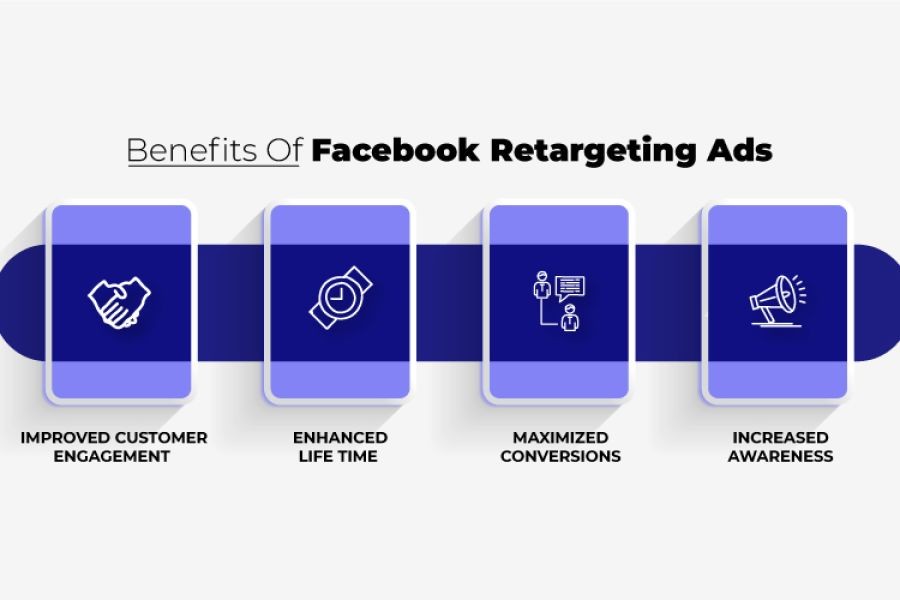In New Zealand, a country renowned for its breathtaking landscapes and commitment to sustainability, the battle against climate change is a top priority. With AI technology rapidly evolving, New Zealand is poised to leverage these advancements to protect its environment. Did you know that by 2030, AI could contribute to a reduction of up to 4% of global greenhouse gas emissions? This bold prediction hints at a promising future where technology and nature coexist harmoniously.
The Role of AI in Climate Change Mitigation
AI is reshaping how we approach environmental challenges, offering innovative solutions that are both effective and sustainable. In the realm of energy management, AI algorithms can optimize energy use, reducing waste and emissions. For example, AI can predict energy demand and supply fluctuations, enabling more efficient grid management. This is particularly relevant in New Zealand, where renewable energy sources like wind and hydro are a significant part of the energy mix.
Case Study: AI-Powered Environmental Monitoring in New Zealand
Meet EcoVision, a New Zealand-based startup that's pioneering AI-driven environmental monitoring. Faced with the challenge of monitoring vast and diverse ecosystems, EcoVision harnesses AI to analyze environmental data in real-time. Before adopting AI, manual data analysis was time-consuming and prone to errors. Now, with AI, EcoVision can process complex datasets with 90% accuracy.
According to Stats NZ, New Zealand's technology sector is growing rapidly, with a 12% annual increase in tech exports. This growth is evident in EcoVision's success, as the startup has seen a 150% increase in project efficiency since integrating AI. The tangible outcomes of this innovation include improved biodiversity monitoring and timely interventions for endangered species.
"AI has transformed our operations, allowing us to make data-driven decisions swiftly," says Dr. Emily Walker, a leading environmental scientist at EcoVision. "The insights gained from AI empower us to take proactive steps in preserving New Zealand's natural heritage."
The key takeaway from EcoVision's journey is the power of AI to enhance environmental stewardship. By automating data analysis, AI frees up human resources for strategic decision-making and on-ground conservation efforts.
Common Myths & Mistakes
- Myth: AI is too expensive for environmental applications. Reality: While initial costs can be high, the long-term savings in efficiency and resource management often outweigh the investment.
- Myth: AI lacks the precision needed for environmental data. Reality: Advances in AI technology have significantly improved accuracy, as demonstrated by EcoVision's 90% accuracy rate.
- Myth: AI solutions are only suitable for tech giants. Reality: Small and medium enterprises like EcoVision are thriving by leveraging AI, proving it's accessible to businesses of all sizes.
Controversial Take: Is AI the Ultimate Solution?
While AI presents remarkable opportunities, some argue that it could lead to over-reliance on technology, potentially sidelining traditional conservation methods. However, the consensus among experts is that AI should complement, not replace, human efforts. By integrating AI with conventional practices, New Zealand can achieve a balanced and effective approach to environmental management.
Final Takeaways
- AI can significantly reduce energy waste and emissions through optimized resource management.
- Real-world examples like EcoVision highlight AI's potential in enhancing environmental monitoring and conservation.
- Common myths about AI's cost and accessibility are being debunked as technology advances.
- A balanced approach, combining AI and traditional methods, is crucial for sustainable environmental management.
Conclusion
In conclusion, AI is a powerful ally in the fight against climate change, offering innovative solutions that align with New Zealand's sustainability goals. As we continue to embrace AI, it's important to foster collaboration between technology and traditional practices. By doing so, we can create a resilient and sustainable future for our beautiful nation. To get started, consider investing in AI tools that enhance data analysis and resource management. Together, let's harness the power of AI to safeguard New Zealand's natural treasures.
People Also Ask (FAQ)
- How does AI impact businesses in New Zealand? AI enhances efficiency and decision-making across industries, driving growth and sustainability.
- What are the biggest misconceptions about AI in climate change? Many believe AI is too costly or imprecise, but advancements are proving otherwise.
- What are the best strategies for implementing AI in environmental management? Start with pilot projects to test AI solutions, then scale up based on results and feedback.
Related Search Queries
- AI and environmental sustainability
- New Zealand climate change initiatives
- AI for renewable energy management
- Eco-friendly technology solutions
- AI in New Zealand's tech sector
- Impact of AI on biodiversity conservation
- Future of AI in environmental science






























